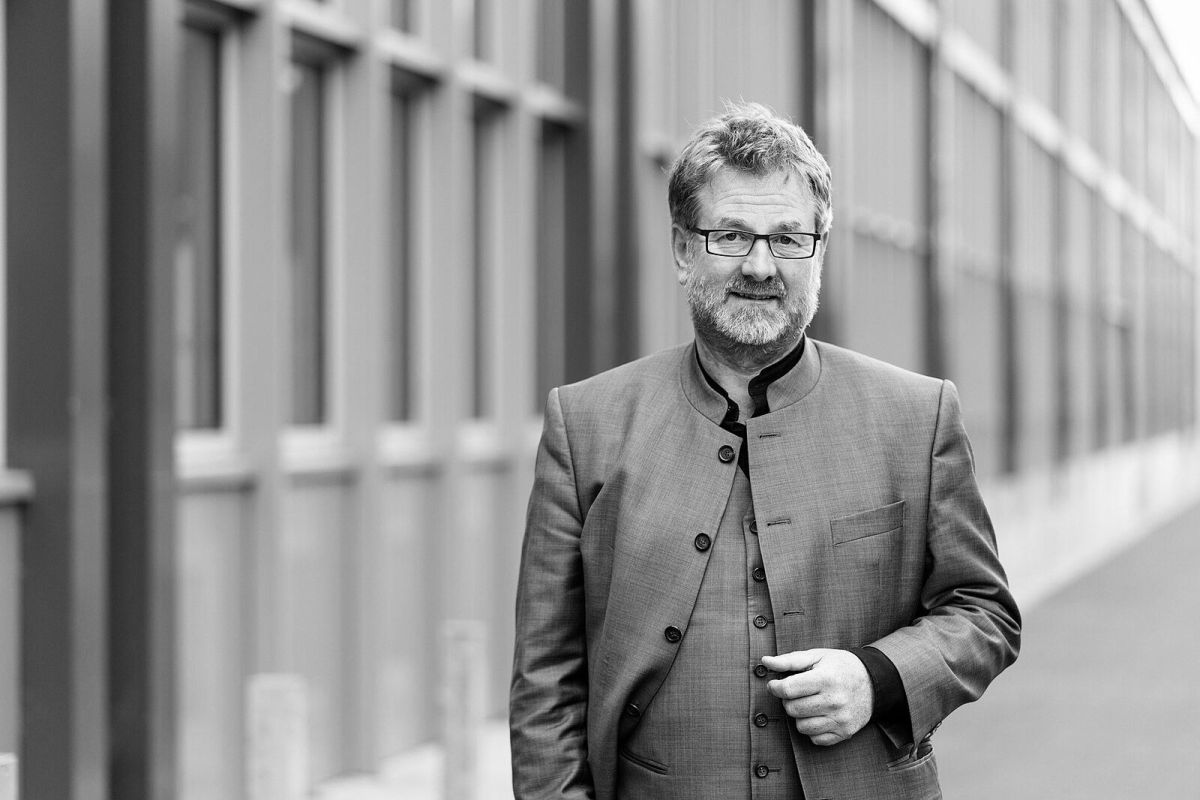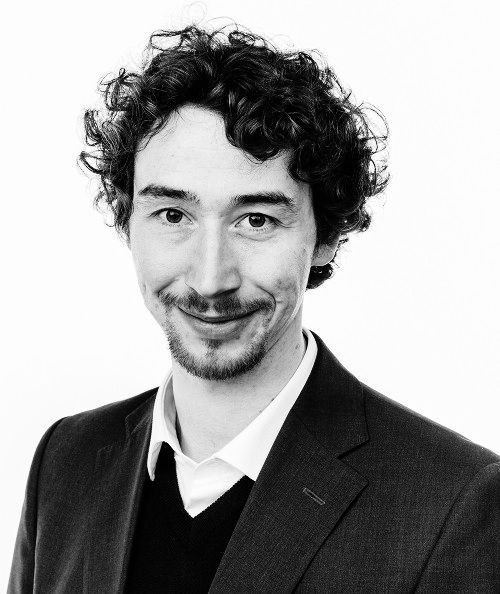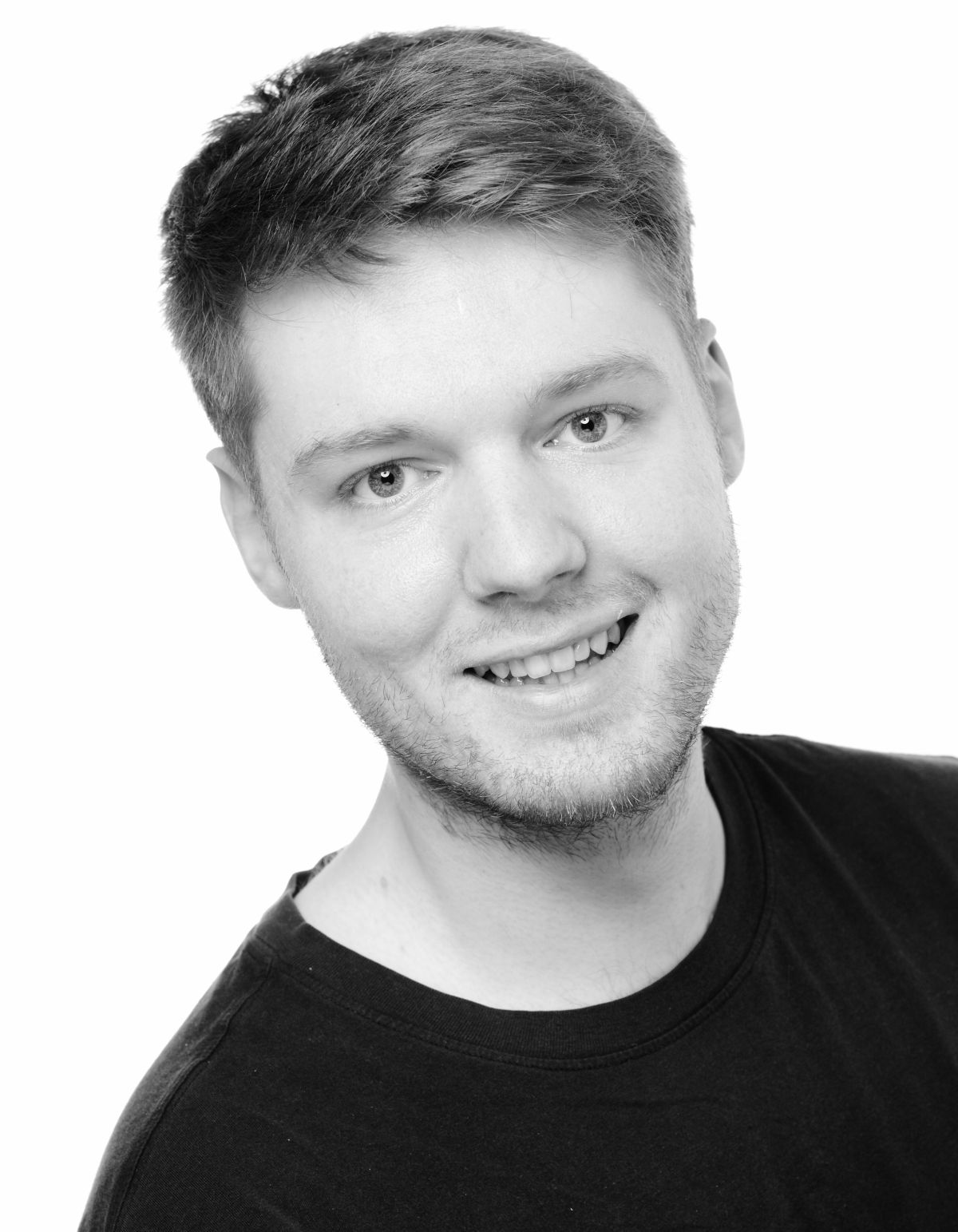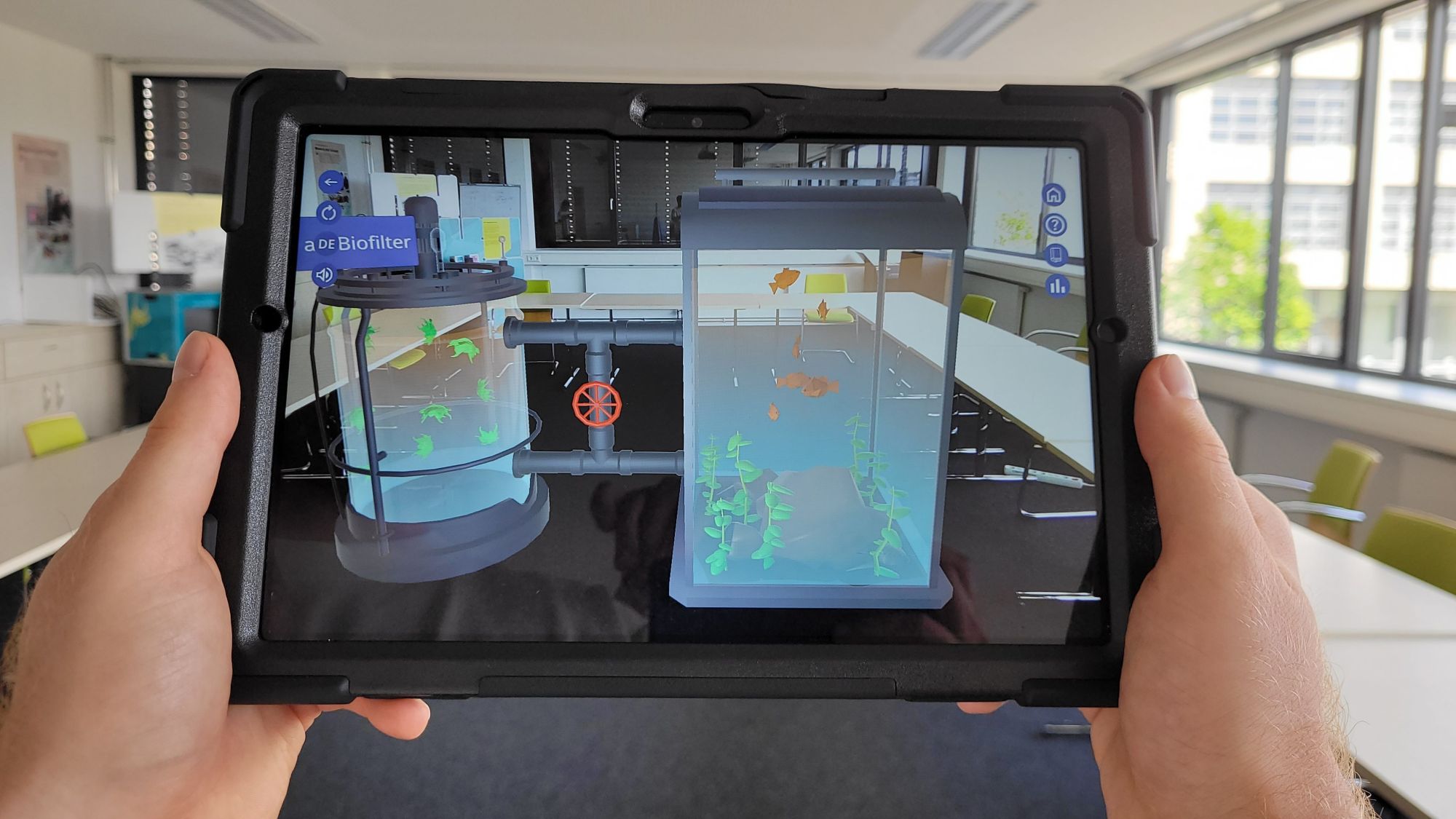This f4f project, "Digital Tool Suite," creates digital access to the topics and results of food4future. The goal is to present the complexity of scientific findings in such a way that they are understandable and tangible for everyone – from students to scientists and politicians. The first funding phase laid the foundation for the digital formats. The "Digital Landscape" concept was developed that integrates interactive and playful learning methods such as gamification. Initial prototypes for "digital twins" have been developed to digitally map real-world processes, such as the cultivation of halophytes or insects.
In the second funding phase of the project, the "Digital Landscape" will be further developed into the "E->Scape the Future" platform. Users can simulate how different food4future cultivation protocols interact with each other and independently explore sustainable cultivation scenarios. Participatory applications for the Future Food Living Lab are a particular focus. The Digital Tool Suite includes interactive visualizations that make complex data such as cultivation and processing models understandable, digital twins that map real cultivation and processing techniques in digital space, and participatory tools that allow users to participate in experiments themselves.
The AlgaeApp EcoSpire, developed by Marino Gabel at HTW Berlin. (Photo: S. Pophal, IGZ)
A special highlight is the "EcoSpire app," which allows users to playfully understand the cultivation of algae. In three phases—from seedling cultivation to large-scale cultivation—environmental parameters such as light, temperature, and nutrient supply can be adjusted to simulate optimal growth conditions. The app not only offers interactive insights into research but also makes an important contribution to disseminating knowledge about sustainable cultivation methods. The app was developed in cooperation with IGZ and HTW Berlin and is based on data from the "SeaWheatCost" platform. This innovative application makes scientific findings accessible to a broad audience.
With the Digital Tool Suite, food4future builds a bridge between science and society. The platform creates understanding of the challenges of future urban agrifood systems and also makes innovations accessible to civil society. The Digital Tool Suite is expected to be fully usable by 2028 and will be regularly updated. It will not only be part of science communication but also a tool for schools, companies, and political decision-makers. Thus, the project will make a long-term contribution to promoting resilience and sustainability.
Contact
HTW Berlin - Campus Wilhelminenhof
Wilhelminenhofstraße 75 A
12459 Berlin
Website
www.htw-berlin.de
Project duration
Oktober 2024 - September 2028
Interaction with f4f & associated partners
HTW as an institution (university management) regarding the location and implementation process for the Future Food Living Lab on campus, Studierendenwerk Berlin (location Campus Oberschöneweide)

Prof. Dr. Carsten Busch heads the "Food Chemistry and Nutrition" working group in the "Plant Quality and Food Security" program area at the Leibniz Institute of Vegetable and Ornamental Crops (IGZ). She is affiliated with the Institute of Nutritional Science, Chair of Food Chemistry, at the University of Potsdam. Her scientific focus is on the analysis of secondary metabolism in plant-based foods and their significance for food quality. Within food4future, she leads the "Organisms" research field.

Martin Steinicke
Scientist and lecturer at the HTW
Martin.Steinicke@HTW-Berlin.de
T +49 (0) 30 5019-3757
Martin Steinicke is a research associate and lecturer at the HTW Berlin (Department 4). He coordinates the DAAD project with the German International University (GIU AS) in Cairo and is part of the Creative Media Research and Development Group and the APITs application center. His work focuses on serious games, gamification, digital game-based learning, XR technologies, and game & interaction design. Since 2024, he has been the elected chairman of the Quality Committee of the Gütegemeinschaft Serious Games e.V.

Marino Gabel is a research associate at the HTW Berlin in Department 4 – Computer Science, Communication and Business. He is part of the Creative Media research group at the Research and Continuing Education Center for Culture and Information Technology. His research focuses on mixed reality, virtual and augmented reality, gamification, interactive systems, and multi-user virtual environments.
